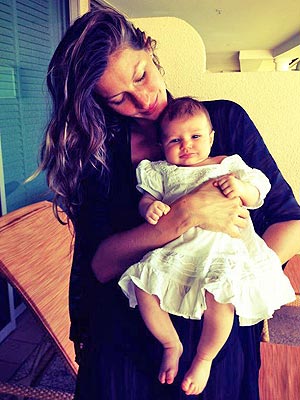KOCHI— Demands for a fresh investigation of an Indian politician accused of raping a teenager in 1996 gained momentum after the young woman’s mother urged the Congress Party’s leader to dismiss the lawmaker.
As a teenager, a woman from a small town called Suryanelli in Kerala was allegedly abducted and raped by 42 men over a period of 40 days in January and February of 1996. Among the suspects the girl identified was P.J. Kurien, then a member of Parliament and now the deputy chairman of the upper house of Parliament.
In an emotionally charged letter to Sonia Gandhi, the president of Congress Party, the woman’s mother called for Mr. Kurien, a Congress member, to be dismissed from his position in the Rajya Sabha.
“We believe that Mr. P.J. Kurien has exerted undue influence over the investigating officials in order to escape from the clutches of law, and he had succeeded in that,” she said in the letter, dated Thursday.
She also asked Mrs. Gandhi how Mr. Kurien could be allowed to preside over the legislative debate on criminal law amendments for tougher rape laws.
In a country outraged by the gang-rape of a 23-year-old physiotherapy student in Delhi and by the authorities’ failure to prevent and punish crimes against women, this latest rape case is being seen as yet another example of India’s slow justice system, where cases languish in courts for years. It has also focused attention on official corruption, which allows the wealthy and politically connected to influence police investigations.
For the last 17 years, the Kerala rape case has been winding its way through India’s judicial system. On Jan. 31, the Supreme Court ordered a retrial, overturning the acquittal of a majority of the 42 suspects in 2005 by the Kerala High Court, which said that the girl had not tried to escape.
The girl alleged that Mr. Kurien had raped her at a government guest house in the southern town of Kumily. But police failed to include him on the list of men she had accused, so she filed a private complaint before a magistrate in 1999, said Sureshbabu Thomas, a special prosecutor for the case against the rest of the men.
Mr. Kurien filed a petition to dismiss the case in the lower court, which rejected his request. He then filed his appeal with the Kerala High Court, which said there was insufficient evidence against Mr. Kurien. The state government of Kerala appealed to the Supreme Court, which sided with Mr. Kurien.
“All the others who were named by the victim had to appear in the court, but P.J. Kurien did not,” K.V. Bhadra Kumari, a women’s rights activist and a lawyer, said in a phone interview. “Let him also be tried and let the law take its course.”
The Kerala government has refused to investigate Mr. Kurien, saying that his case has been cleared by the Supreme Court, but that has only enraged those who want Mr. Kurien to stand trial.
Opposition leaders in Kerala, Mr. Kurien’s home state, disrupted state legislative assembly proceedings Friday, demanding that Mr. Kurien resign. Angry protests were also held in Kerala’s capital city of Thiruvananthapuram.
Mr. Kurien has refused to step down. “I have already offered myself for judicial scrutiny in 1990s. Why should I do so again?” Mr. Kurien told an Indian television channel NDTV. “Then the High Court and Supreme Court had exonerated me. A fresh investigation will be contempt of court.”
Kerala, one of the few states in India where women outnumber men, is considered one of India’s most progressive states because of its high literacy rates: 93.91 percent overall, and a female literacy rate of 91.98 percent. It also has a much higher rate of reported rapes than the national average and has one of the highest rates of reported crimes against women among India’s 26 states.
K. Ajitha, a former member of the Naxal movement who now serves as a director of Anweshi, a woman’s organization that fights gender-based violence, said that one of the crucial problems is that there is a well-connected criminal network in the state, which protects political leaders and influential people when they are accused of rape.
“The organized mafia traps young adolescent girls by spreading its tentacles to all fields — the political leadership, the police, the judiciary,” she said. “So a rape victim rarely receives justice.”
Two of Kerala’s most publicized cases of sexual assault, known in the media as the “Suryanelli” and the “Vithura” after the hometowns of the victims, have been pending for years.
The trial of the 45 men accused in the Vithura case, where a girl was allegedly gang raped in 1995, is still under way 18 years after the crime was first reported. The victim, now in her early 30s, has requested the courts to discontinue the trial, saying it was traumatic to relive the incidents over and over again. The Kerala High Court, however, has rejected the request.











